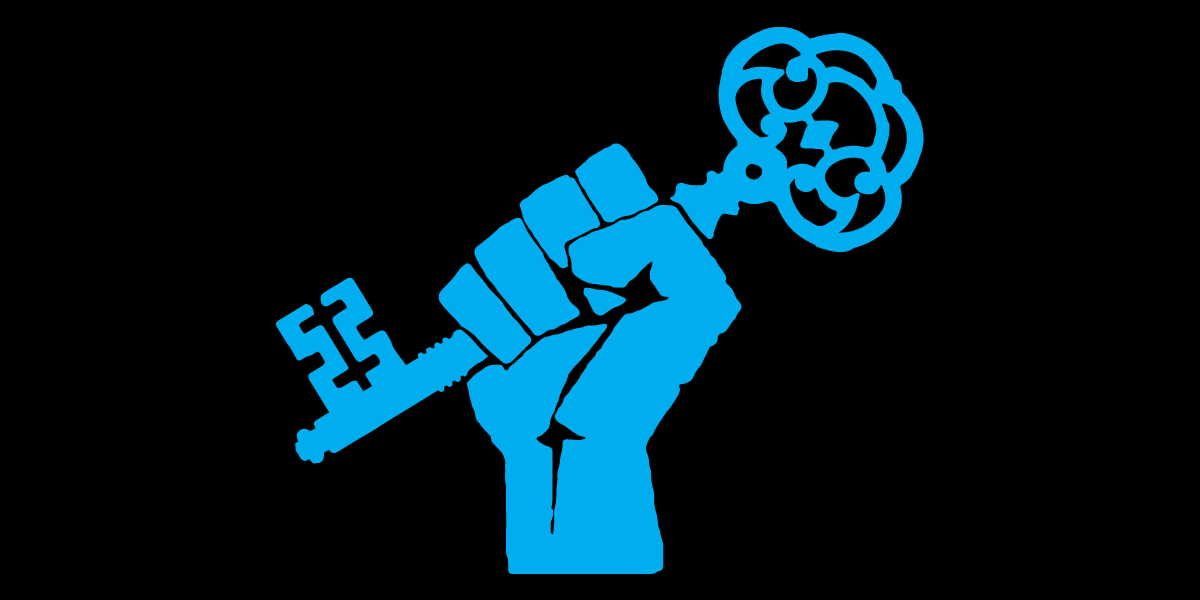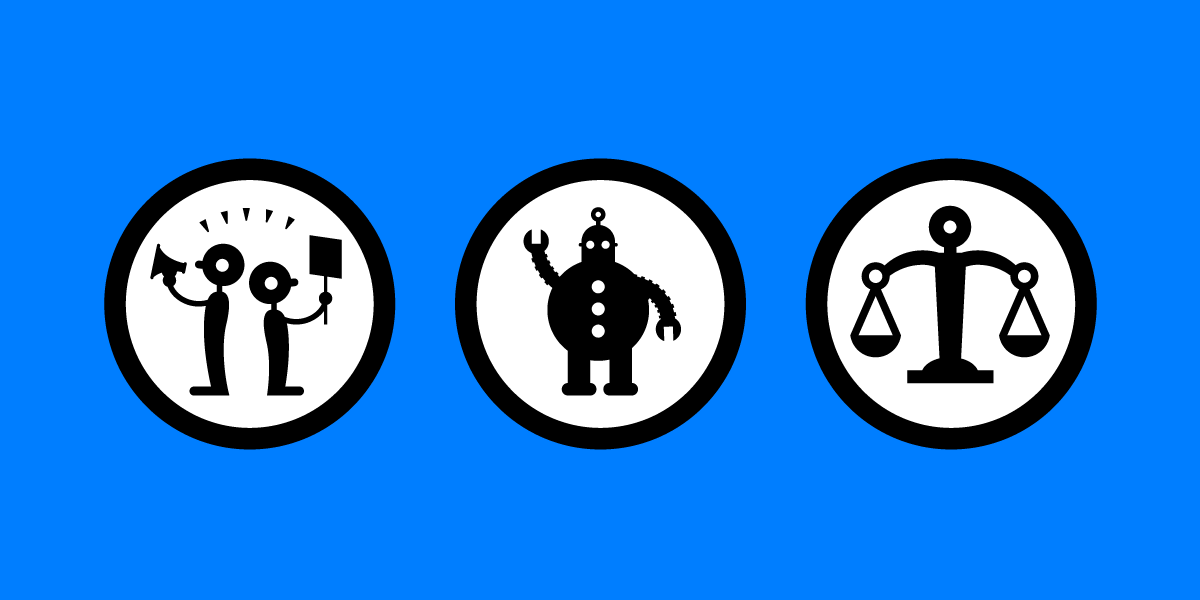The 2024 U.S. Election is Over. EFF is Ready for What's Next.
The dust of the U.S. election is settling, and we want you to know that EFF is ready for whatever’s next. Our mission to ensure that technology serves you—rather than silencing, tracking, or oppressing you—does not change. Some of what’s to come will be in uncharted territory. But we have been preparing for whatever this future brings for a long time. EFF is at its best when the stakes are high.
No matter what, EFF will take every opportunity to stand with users. We’ll continue to advance our mission of user privacy, free expression, and innovation, regardless of the obstacles. We will hit the ground running.
During the previous Trump administration, EFF didn’t just hold the line. We pushed digital rights forward in significant ways, both nationally and locally. We supported those protesting in the streets, with expanded Surveillance Self-Defense guides and our Security Education Companion. The first offers information for how to protect yourself while you exercise your First Amendment rights, and the second gives tips on how to help your friends and colleagues be more safe.
Along with our allies, we fought government use of face surveillance, passing municipal bans on the dangerous technology. We urged the Supreme Court to expand protections for your cell phone data, and in Carpenter v United States, they did so—recognizing that location information collected by cell providers creates a “detailed chronicle of a person’s physical presence compiled every day, every moment over years.” Now, police must get a warrant before obtaining a significant amount of this data.
EFF is at its best when the stakes are high.
But we also stood our ground when governments and companies tried to take away the hard-fought protections we’d won in previous years. We stopped government attempts to backdoor private messaging with “ghost” and “client-side scanning” measures that obscured their intentions to undermine end-to-end encryption. We defended Section 230, the common sense law that protects Americans’ freedom of expression online by protecting the intermediaries we all rely on. And when the COVID pandemic hit, we carefully analyzed and pushed back measures that would have gone beyond what was necessary to keep people safe and healthy by invading our privacy and inhibiting our free speech.
Every time policymakers or private companies tried to undermine your rights online during the last Trump administration from 2016-2020, we were there—just as we continued to be under President Biden. In preparation for the next four years, here’s just some of the groundwork we’ve already laid:
- Border Surveillance: For a decade we’ve been revealing how the hundreds of millions of dollars pumped into surveillance technology along the border impacts the privacy of those who live, work, or seek refuge there, and thousands of others transiting through our border communities each day. We’ve defended the rights of people whose devices have been searched or seized upon entering the country. We’ve mapped out the network of automated license plate readers installed at checkpoints and land entry points, and the more than 465 surveillance towers along the U.S.-Mexico border. And we’ve advocated for sanctuary data policies restricting how ICE can access criminal justice and surveillance data.
- Surveillance Self-Defense: Protecting your private communications will only become more critical, so we’ve been expanding both the content and the translations of our Surveillance Self-Defense guides. We’ve written clear guidance for staying secure that applies to everyone, but is particularly important for journalists, protesters, activists, LGBTQ+ youths, and other vulnerable populations.
- Reproductive Rights: Long before Roe v. Wade was overturned, EFF was working to minimize the ways that law enforcement can obtain data from tech companies and data brokers. After the Dobbs decision was handed down, we supported multiple laws in California that shield both reproductive and transgender health data privacy, even for people outside of California. But there’s more to do, and we’re working closely with those involved in the reproductive justice movement to make more progress.
- Transition Memo: When the next administration takes over, we’ll be sending a lengthy, detailed policy analysis to the incoming administration on everything from competition to AI to intellectual property to surveillance and privacy. We provided a similarly thoughtful set of recommendations on digital rights issues after the last presidential election, helping to guide critical policy discussions.
We’ve prepared much more too. The road ahead will not be easy, and some of it is not yet mapped out, but one of the reasons EFF is so effective is that we play the long game. We’ll be here when this administration ends and the next one takes over, and we’ll continue to push. Our nonpartisan approach to tech policy works because we work for the user.
We’re not merely fighting against individual companies or elected officials or even specific administrations. We are fighting for you. That won’t stop no matter who’s in office.






















